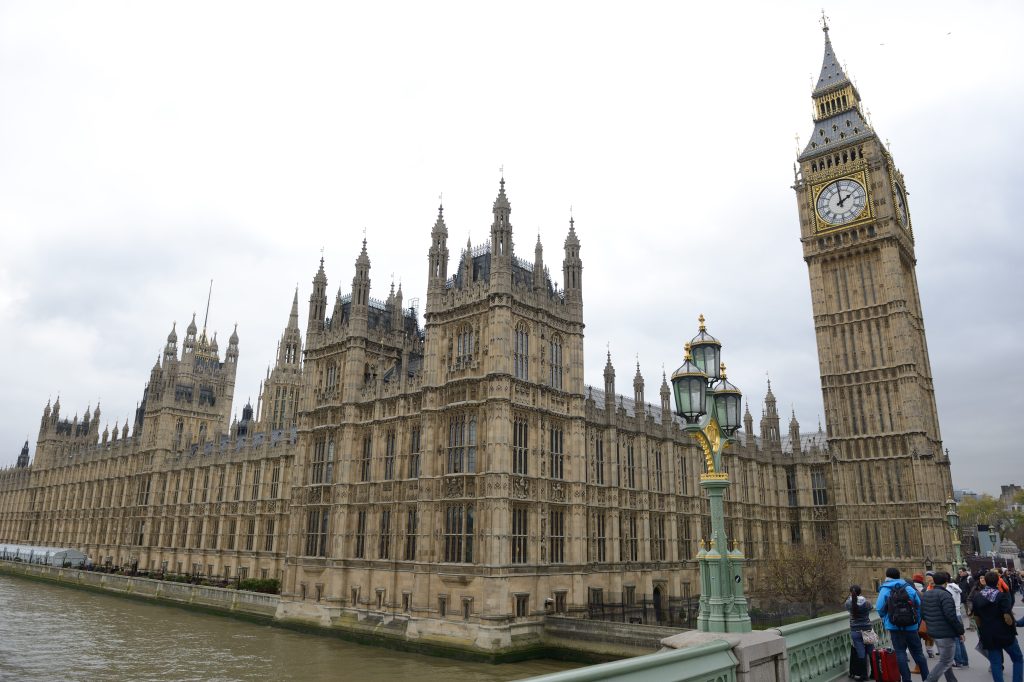Looking in the mirror in the morning forces me to confront two divergent but equally true propositions: (1) at age 57 it is unlikely that I will ever play professional football for Tottenham Hotspur; and (2) I have been involved in the pensions profession long enough to have seen the
As regularly as
Register for free to keep reading
To continue reading this article and unlock full access to GRIP, register now. You’ll enjoy free access to all content until our subscription service launches in early 2026.
- Unlimited access to industry insights
- Stay on top of key rules and regulatory changes with our Rules Navigator
- Ad-free experience with no distractions
- Regular podcasts from trusted external experts
- Fresh compliance and regulatory content every day













